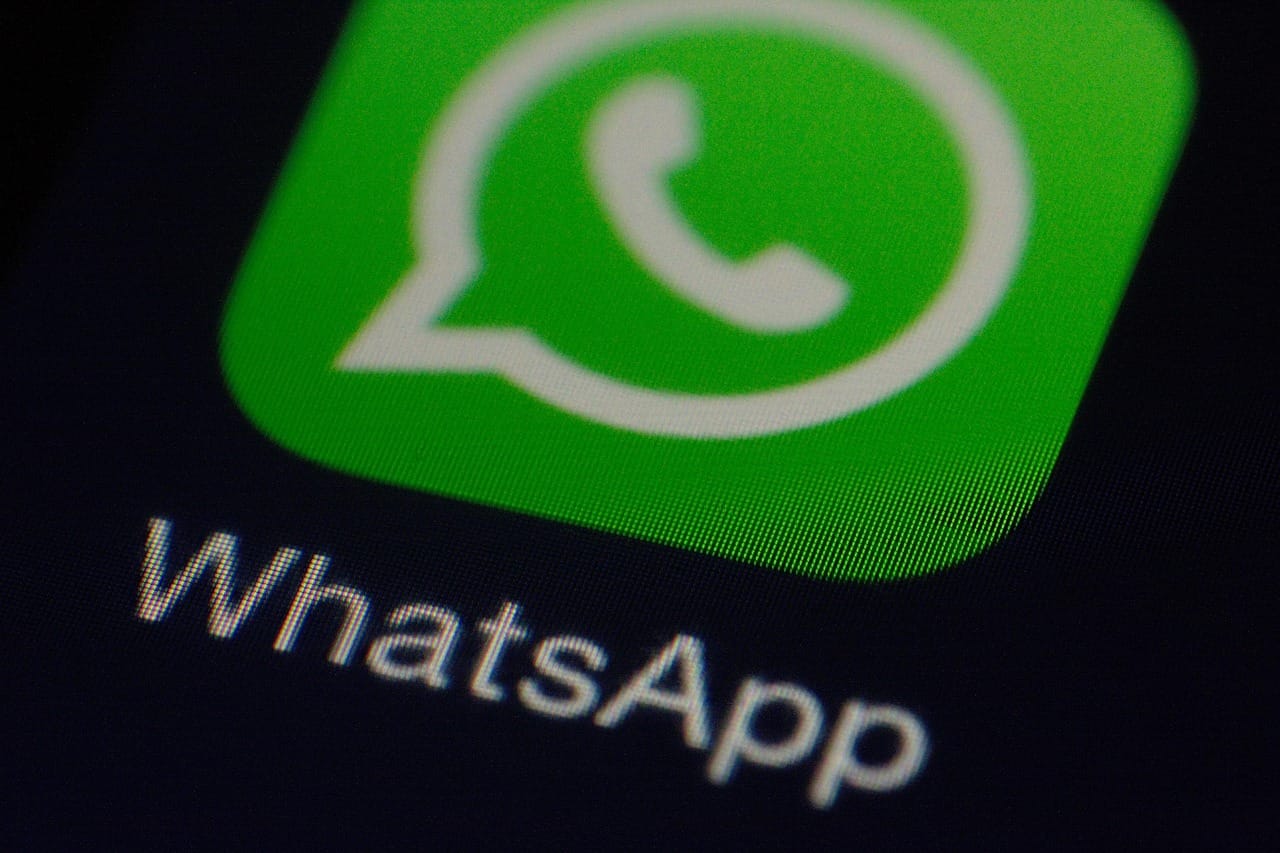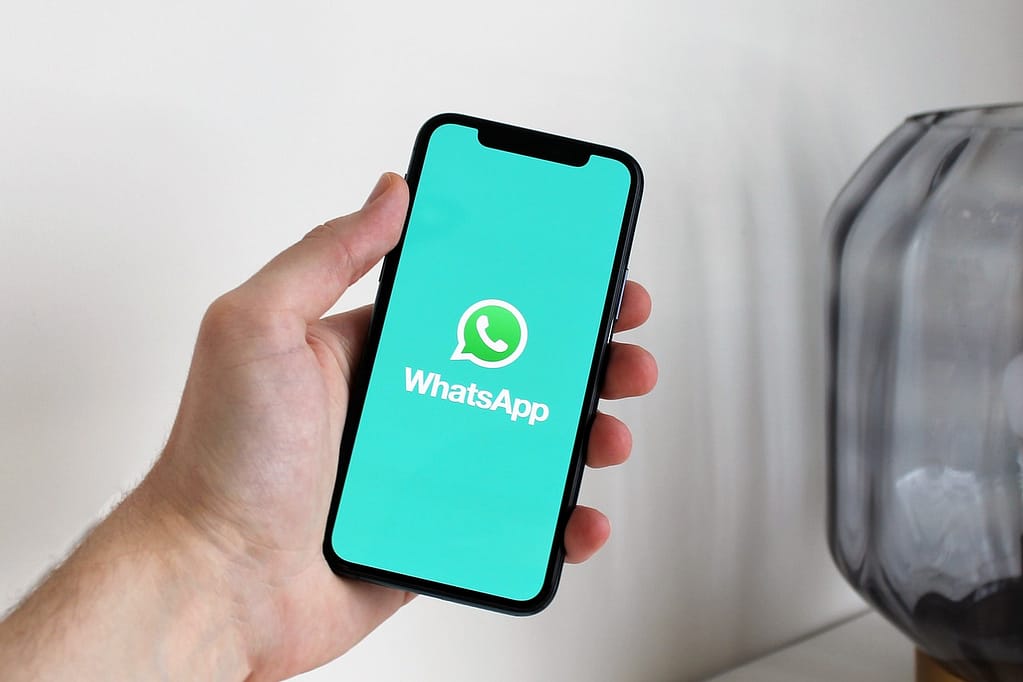Boost Your Business: Using WhatsApp in South Africa for Powerful Sales & Support (2025 Guide)

In South Africa today, if you want to connect with your customers, chances are you need to be where they already are. And where are they? Overwhelmingly, they’re on WhatsApp. It’s more than just a chat app; it’s become a primary communication channel for millions across the country.
But are you, as a business owner or manager, truly harnessing its power? Simply using your personal WhatsApp isn’t enough and can look unprofessional. This is where WhatsApp Business comes in – a dedicated tool designed specifically for companies like yours.
Why are you reading this? You likely know WhatsApp is popular, but you want concrete ways to use it effectively for your South African business. You’re looking for practical strategies to improve sales, streamline customer support, and connect better with your local audience, all while keeping things simple and professional.
This guide will show you exactly how to do that. We’ll break down what WhatsApp Business offers, why it’s particularly powerful in the South African context, and provide actionable tips you can start using right away.
(Based on industry best practices and observations of the South African market landscape as of 2025. Always ensure compliance with regulations like POPIA.)
What Exactly Is WhatsApp Business? (And How is it Different?)
Think of WhatsApp Business as a supercharged version of the regular WhatsApp app, built with entrepreneurs and companies in mind. It runs on the same network but offers specific features to help you operate more efficiently and professionally.
Key Features Designed for Businesses:
- Business Profile: Create an official profile with important information like your business description, address (with a map link!), email, website, and operating hours. This builds immediate trust and provides essential details upfront.
- Catalogue: Showcase your products or services directly within WhatsApp! Customers can browse items with pictures, descriptions, and prices without leaving the chat. This is fantastic for quick product discovery.
- Labels: Organize your chats and contacts with labels like “New Customer,” “Order Pending,” “Support Query,” or “Paid.” This helps you manage conversations and follow up effectively.
- Quick Replies: Save and reuse frequently sent messages. Answer common questions (FAQs), send thank you notes, or provide standard instructions instantly using shortcuts. This saves immense time.
- Automated Messages:
- Greeting Message: Automatically welcome new customers or those who message you after 14 days of inactivity.
- Away Message: Let customers know when you’re unavailable and when they can expect a response (perfect for after-hours or holidays).
- Statistics: Get basic insights into your messaging activity, like messages sent, delivered, read, and received.
Crucially, it uses a separate app, meaning you can have both your personal WhatsApp and WhatsApp Business on the same phone (using different phone numbers – a landline number can often be used for WhatsApp Business too!).
Why WhatsApp Business is a Game-Changer Specifically in South Africa

While WhatsApp is popular globally, several factors make it especially vital for South African businesses in 2025:
- Incredibly High Penetration: WhatsApp usage in South Africa is among the highest in the world. Your customers are almost certainly using it daily. Meeting them on their preferred platform removes friction.
- Mobile-First Population: Many South Africans access the internet primarily via their smartphones. WhatsApp is a native mobile experience, making it easy and intuitive for customers to engage with you.
- Cost-Effective Communication: Compared to traditional call centre minutes or even SMS bundles, WhatsApp messaging (especially over Wi-Fi or affordable data plans) is very cost-effective for both you and your customers.
- Overcoming Infrastructure Challenges: Inconsistent landline access or even load shedding affecting call centres can be bypassed with mobile-based WhatsApp communication, ensuring business continuity.
- Direct & Personal Engagement: WhatsApp allows for a more direct, conversational style than email, fostering stronger customer relationships.
Leveraging WhatsApp for Boosting Sales
Don’t just wait for customers to message you. Proactively use WhatsApp Business features to drive sales:
- Showcase Products with Catalogues: Keep your catalogue updated! Share links to specific products or your entire catalogue directly in chats when customers inquire. It’s like having a mini-shop window in their pocket.
- Facilitate Product Discovery & Consultation: Customers can easily ask questions about products, send pictures of what they’re looking for, and get quick advice – leading to faster purchase decisions.
- Send Price Quotes & Quick Follow-ups: Quickly send personalised quotes or follow up on inquiries without the formality (and delay) of email.
- Share Special Offers & Promotions: Use the Broadcast List feature (responsibly – see best practices below!) to send targeted promotions to customers who have opted-in to receive them.
- Confirm Orders & Provide Updates: Instantly confirm received orders and send brief shipping or delivery updates, enhancing the customer experience.
- (Carefully) Guide Towards Purchase: While direct payment links need careful handling for security, you can guide customers smoothly towards your secure payment gateway or provide EFT details.
Using WhatsApp for Efficient Customer Support
WhatsApp can transform your customer support from slow and frustrating to quick and helpful:
- Answer FAQs Instantly with Quick Replies: Set up Quick Replies for your most common questions (e.g., “What are your hours?”, “Where are you located?”, “What’s your return policy?”). Respond in seconds.
- Provide Quick Troubleshooting: Customers can easily send photos or videos of product issues, allowing you to provide faster, more accurate support.
- Send Appointment Reminders: Reduce no-shows by sending friendly appointment or booking reminders via WhatsApp.
- Gather Quick Feedback: After a purchase or support interaction, send a short message asking for feedback. It’s less intrusive than email surveys and can yield valuable insights.
- Manage Support Queries with Labels: Use labels to track the status of support tickets (“New Query,” “In Progress,” “Resolved”) ensuring nothing falls through the cracks.
- Offer Real-Time Assistance (During Hours): Be available for live chat support during your stated business hours for immediate help.
Getting Started: Simple Steps
Ready to jump in? It’s straightforward:
- Download: Get the “WhatsApp Business” app from the Google Play Store or Apple App Store.
- Verify: Agree to the terms and verify a phone number you’ll use for business (this cannot be the same number currently registered to your personal WhatsApp unless you migrate it). A landline number often works!
- Set Up Your Profile: Fill in your business name, category, profile picture (use your logo!), address, hours, description, email, and website. Be thorough!
- Explore the Tools: Navigate to Settings > Business Tools. Start by creating a few Quick Replies for common questions and setting up your Catalogue with a few key products/services.
- Inform Your Customers: Let people know they can reach you on WhatsApp! Add your WhatsApp number to your website, social media, and email signature.
Best Practices & Staying Compliant (Very Important!)
Using WhatsApp Business effectively means using it responsibly:
- Get Consent (POPIA): This is crucial in South Africa. You must have explicit permission (opt-in) from users before sending them promotional messages. Do not add people to broadcast lists or message them proactively for marketing without their clear consent. Clearly explain how they can opt-out.
- Don’t Spam: Focus on providing value. Avoid sending too many messages. Respect your customers’ time and attention.
- Set Expectations for Response Times: Use Away Messages or your profile greeting to let customers know when they can expect a reply, especially outside business hours.
- Maintain a Professional Tone: While WhatsApp is conversational, maintain a professional and helpful tone appropriate for your brand.
- Keep Sensitive Information Secure: Avoid asking for or sending highly sensitive information like full credit card details via WhatsApp chat. Guide customers to secure platforms for payments.
- Use Labels & Quick Replies: These tools are key to staying organized and efficient as message volume grows.
WhatsApp Business App vs. WhatsApp Business API

It’s worth noting there are two versions:
- WhatsApp Business App: Free, designed for small businesses, managed via a single phone (or linked devices). Perfect for getting started.
- WhatsApp Business Platform (API): Paid, designed for medium/larger businesses needing scalability, automation (chatbots), integration with CRM systems, and multiple users.
Most businesses in South Africa will start, and thrive, using the free WhatsApp Business App.
Conclusion: Your Direct Line to South African Customers
In 2025, WhatsApp Business isn’t just a nice-to-have for South African companies; it’s rapidly becoming an essential tool. It offers a unique blend of reach, direct engagement, and features specifically designed for commerce and support.
By leveraging its tools correctly – setting up a professional profile, using catalogues effectively, streamlining support with quick replies, and always respecting user privacy (POPIA) – you can significantly enhance your customer communication, boost sales, and build stronger relationships.
Don’t miss out on this powerful, accessible channel. Start integrating WhatsApp Business into your strategy today and open up a direct line to your customers right where they are.